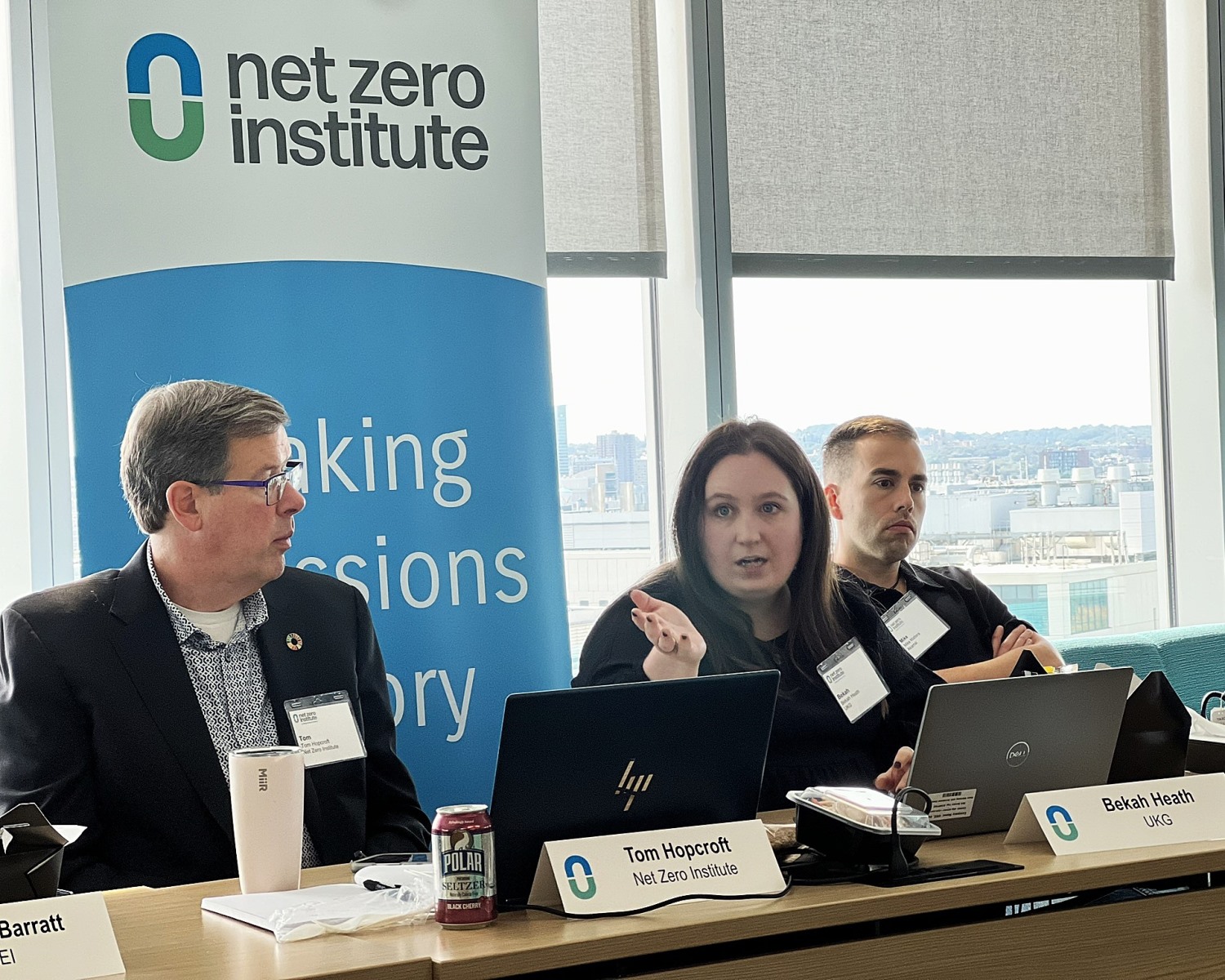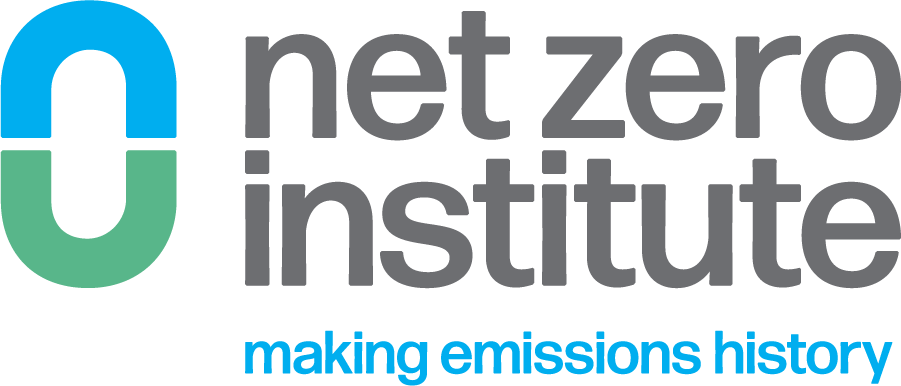Turning ESG Data Into Business Strategy

At the recent Net Zero Institute Impact Lab roundtable, sustainability leaders from Akamai, Biogen, Commvault, iRobot, UKG, Welch Foods, and many others gathered to share experiences on connecting ESG data to business strategy. The conversation highlighted both the challenges companies face in today’s complex regulatory environment and the creative ways sustainability leaders are positioning their organizations for success.
ESG Data as Strategy, Not Just Compliance
A recurring theme was the shift from ESG as a reporting obligation to ESG as a strategic driver. Leaders discussed how data can be used to demonstrate revenue at risk, strengthen customer relationships, and identify growth opportunities. For example, as customers tie procurement decisions to science-based targets or climate disclosure, sustainability performance becomes inseparable from revenue protection.

Making the Business Case Internally
Boards and CFOs are not persuaded by acronyms; they respond to trend data, peer benchmarking, and financial impact. Leaders at the roundtable shared how linking ESG metrics to customer retention, investor confidence, and operational efficiency has proven most effective in securing executive buy-in. The consensus: sustainability must be framed as core business strategy, not a side initiative.
Talent and Culture as Catalysts
The conversation also reinforced that younger employees expect employers to lead on sustainability. Organizations are embedding ESG into onboarding, recruiting, and employee engagement programs, making sustainability part of the culture rather than a separate initiative. Empowering employees through resource groups, project funding, and internal competitions was cited as a powerful way to build ownership and momentum.
Regulation as a Baseline, Not the Goal
Participants described the growing complexity of sustainability regulations, ranging from the EU’s CSRD requirements to U.S. state-level packaging and climate laws. Many companies are adopting EU standards as a baseline, reasoning that aligning with the most stringent frameworks now avoids costly adjustments later. While compliance is necessary, the group stressed that the real opportunity lies in using these requirements to uncover innovation opportunities, from product design to supplier engagement.

Governance and Accountability
Roundtable participants noted that sustainability reporting lines vary, from legal to HR, operations, or investor relations, but what matters most is cross-functional governance. Integrating ESG across business units, tying goals to compensation, and experimenting with tools like internal carbon pricing are helping ensure accountability and alignment with strategy.
The Power of Collaboration
Finally, the group emphasized that no company can tackle these challenges alone. Shared supplier networks, customer expectations, and regulatory pressures make collaboration essential. Industry alliances and collective action initiatives are proving effective in scaling impact. Several participants suggested that future Impact Lab sessions focus on industry-specific challenges to generate even more practical solutions.
Final Word
The Impact Lab roundtable confirmed that sustainability is not just about meeting disclosure requirements. It is about safeguarding market access, strengthening brand value, attracting talent, and building long-term resilience. Leaders who translate ESG into the language of business strategy are creating the conditions for both organizational success and systemic progress toward net zero.

